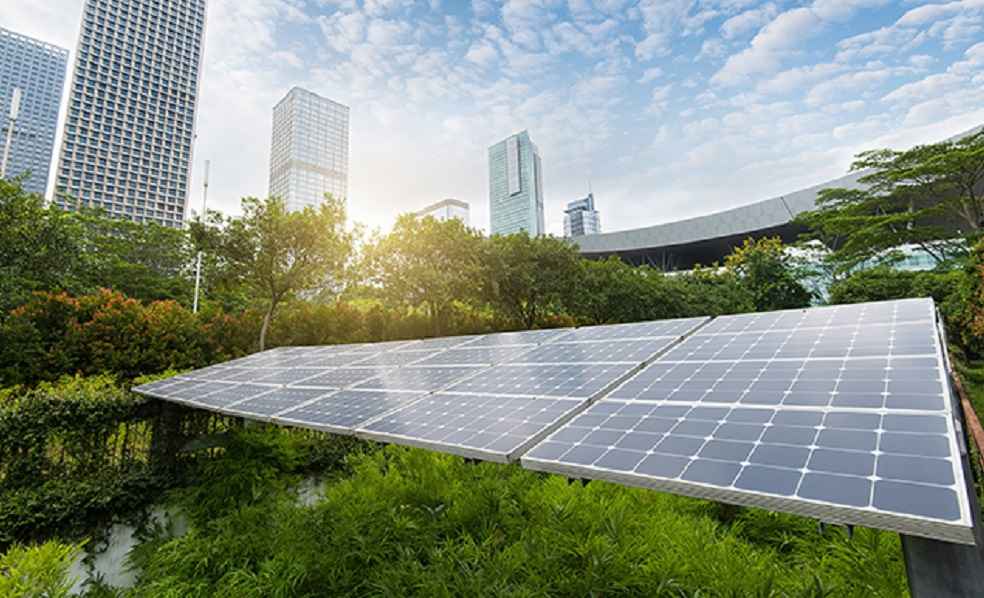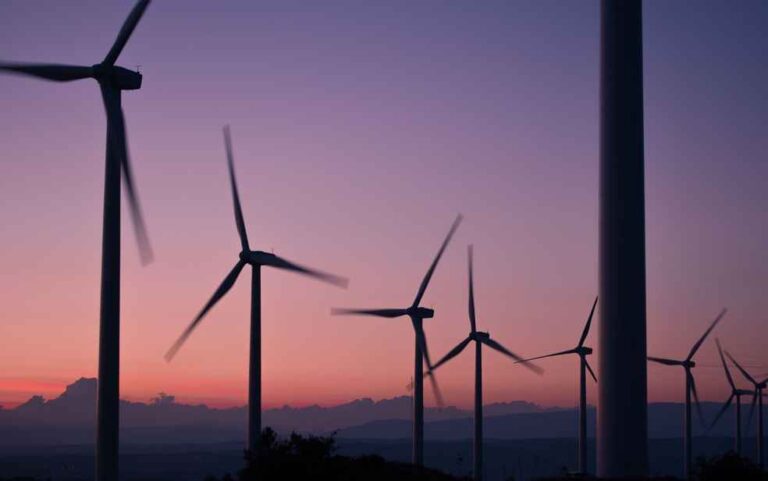The European Union’s recent measures against Chinese wind turbine manufacturers might sabotage international efforts to combat climate change, states China’s Ministry of Commerce. Announced this past Thursday, this action involves the EU probing Chinese wind turbine suppliers under the newly minted Foreign Subsidies Regulation. The investigation focuses on the construction of wind parks across Spain, Greece, France, Romania, and Bulgaria, scrutinizing whether subsidies have unduly favored Chinese companies.
During a Beijing press conference, Ministry spokesperson He Yadong lambasted the EU’s decision as a breach of free trade tenets and a resurgence of protectionism within the bloc. He declared that These actions severely disrupt established cooperation between Chinese and European industries, affirming China’s strong disapproval and opposition to the measures.

He further argued that the prominence of Chinese firms in the renewable energy sector stems from relentless innovation and intense market competition, not governmental subsidies. He accused the EU of jeopardizing its credibility as a climate leader, engaging in double standards that could make the bloc a barrier to global green initiatives.
The conflict extends beyond turbines; the European Commission’s recent report accuses the Chinese economy of ‘state-induced distortions.’ This assessment has sparked additional discord, with a Chinese official at a Brussels meeting alleging that the EU’s portrayal of China’s economic policies and system could lead to biased anti-dumping actions against Chinese exports.

Professor Ding Rijia from the China University of Mining and Technology points out the EU’s reliance on China’s advanced, cost-effective technologies for its green transition. Ding remarked that without China’s industrial capabilities, the EU’s shift to a green economy faces significant challenges.
This dispute highlights the delicate balance between economic interdependence and sovereign interests, with potential consequences that reach far beyond bilateral relations into the realm of global climate policy. As the situation evolves, the global community remains alert to the implications for international climate collaboration.
LATEST NEWS | WTO Sees Trade Boom Amid Tensions: 2024’s Global Economic Rebound Forecast



